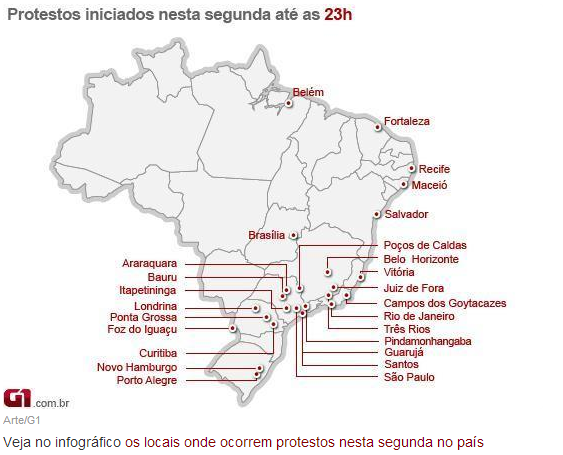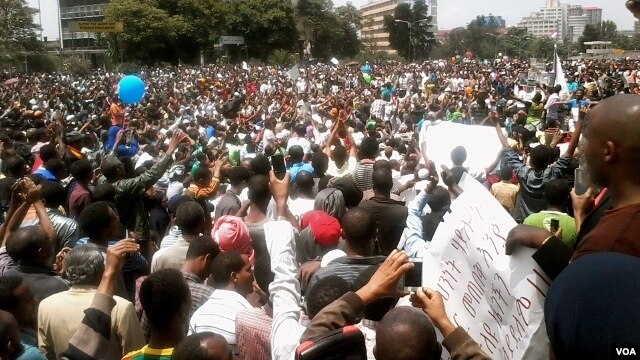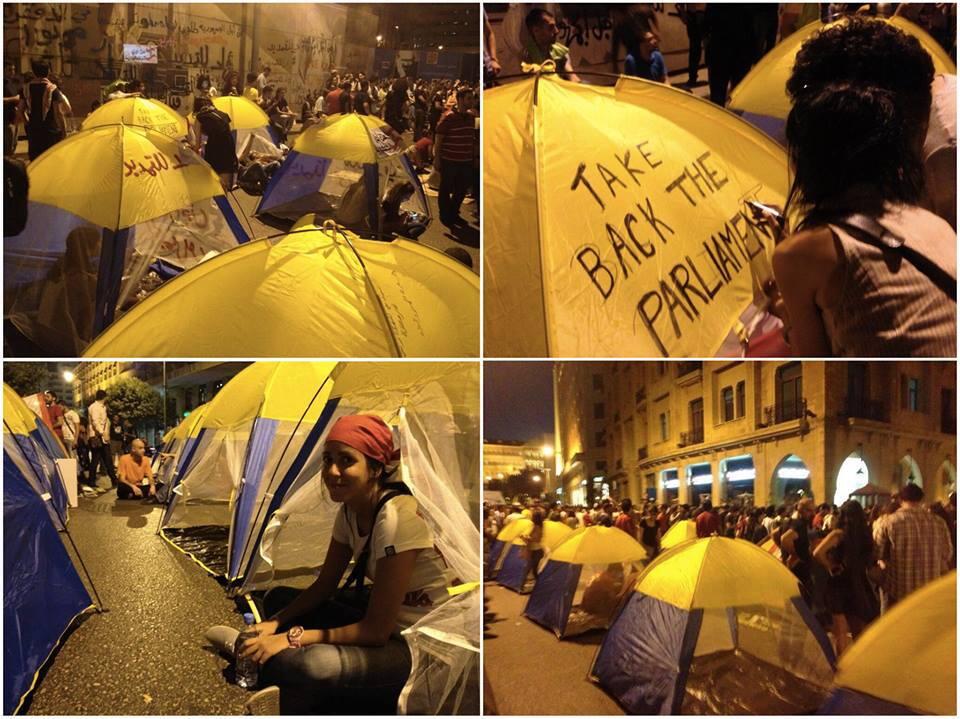Indeed.
Historian: Obama helping resurrect Ottoman Empire?
Pattern seen in 'Arab Spring' interventions began in Balkans in 1990s
Published: 3 days ago
Jerome R. Corsi
NEW YORK –
Is Obama helping advance a grand plan by Turkey, with the support of Germany, to restore the Ottoman Empire, the Islamic caliphate that controlled much of southeast Europe, Western Asia and North Africa for more than six centuries?
That is a question posed by historian Robert E. Kaplan in an article titled “The U.S. Helps Reconstruct the Ottoman Empire,” published this week by the international policy council and think tank Gatestone Institute.
Kaplan, a historian with a doctorate from Cornell University, specializing in modern Europe, says history suggests a possible partnership between Turkey and Germany, which has seen influence over Turkey as a means of influencing Muslims worldwide for its own interests.
He asks why the U.S. government “would actively promote German aims,” including the destruction of Yugoslavia in the 1990s and the re-creation of the Ottoman Empire through the “Arab Spring.”
Kaplan points to Obama’s support of the Muslim Brotherhood, the ultimate victor in the “Arab Spring”; the U.S. backing of radical Islamic “rebel” groups in Libya with ties to al-Qaida; and current support for similarly constituted radical Islamic “rebel” groups in Syria aligned with al-Qaida.
Each of these U.S. military interventions occurred in areas that were under the Ottoman Empire.
Bring back the Ottoman Empire?
Kaplan sees a similarity between the Clinton-era attacks against the Serbs and the Obama administration hostility to well-established regimes in Libya and Syria.
He writes:
Since the mid-1990s the United States has intervened militarily in several internal armed conflicts in Europe and the Middle East: bombing Serbs and Serbia in support of Izetbegovic’s Moslem Regime in Bosnia in 1995, bombing Serbs and Serbia in support of KLA Moslems of Kosovo in 1999, bombing Libya’s Gaddafi regime in support of rebels in 2010. Each intervention was justified to Americans as motivated by humanitarian concerns: to protect Bosnian Moslems from genocidal Serbs, to protect Kosovo Moslems from genocidal Serbs, and to protect Libyans from their murderous dictator Muammar Gaddafi.
Kaplan observes that neither President Clinton nor President Obama ever mentioned the reconstitution of the Ottoman Empire as a justification for U.S. military intervention.
The U.S. offered other reasons for intervening in Serbia, including a desire to gain a strategic foothold in the Balkans, to defeat communism in Yugoslavia, to demonstrate to the world’s Muslims that the U.S. is not anti-Muslim, and to redefine the role of NATO in the post-Cold War era.
Recurring pattern
At its height in the 15th and 16th centuries, the Ottoman Empire stretched from its capital in Turkey, through the Muslim-populated areas of North Africa, Iraq, the costal regions of the Arabian Peninsula and parts of the Balkans.
Kaplan points out that since the 1990s, “each European and Middle Eastern country that experienced American military intervention in an internal military conflict or an ‘Arab Spring’ has ended up with a government dominated by Islamists of the Moslem Brotherhood or al-Qaida variety fits nicely with the idea that these events represent a return to Ottoman rule.”
In these conflicts, Kaplan sees recurring patterns employed by Clinton and Obama to justify U.S. military intervention:
Each U. S. military action in Europe and the Middle East since 1990, however, with the exception of Iraq, has followed an overt pattern: First there is an armed conflict within the country where the intervention will take place. American news media heavily report this conflict. The “good guys” in the story are the rebels. The “bad guys,” to be attacked by American military force, are brutally anti-democratic, and committers of war crimes, crimes against humanity, and genocide. Prestigious public figures, NGOs, judicial and quasi-judicial bodies and international organizations call for supporting the rebels and attacking the regime. Next, the American president orders American logistical support and arms supplies for the rebels. Finally the American president orders military attack under the auspices of NATO in support of the rebels. The attack usually consists of aerial bombing, today’s equivalent of the nineteenth and twentieth centuries’ gunboat which could attack coastal cities of militarily weak countries without fear of retaliation. The ultimate outcome of each American intervention is the replacement of a secular government with an Islamist regime in an area that had been part of the Ottoman Empire.
Kaplan cites a recent report published by John Rosenthal in the online Asian Times that discloses reports prepared by the German foreign intelligence service, the BND, attributing the massacre in the Syrian town of Houla on May 25, 2012, to the Syrian government.
Rosenthal linked the conclusions of the BND regarding the Houla massacre to the policy of the German government to support the Syrian rebellion and its political arm, the Syrian National Council.
Recalling that Germany invaded Serbia in both World Wars I and II and actively sought the destruction of Yugoslavia in the Cold War era, Kaplan wonders if the administration’s joining with Germany in the bombing of Libya, and possibly Syria as well, is an effort to help Germany fill its foreign policy objective of restoring the Ottoman Empire.
Kaplan notes that the Obama administration’s foreign policy requires it to downplay the Muslim Brotherhood and al-Qaida terrorist threat to U.S. national security.
Al-Qaida defeated, or embraced?
In the 2012 presidential campaign, Obama spoke at a campaign event in Las Vegas one day after the Sept. 11 Benghazi attack, proclaiming, “A day after 9/11, we are reminded that a new tower rises above the New York skyline, but al-Qaeida is on the path to defeat and bin Laden is dead.”
On Nov. 1, 2012, CNSNews.com reported that Obama had described al-Qaida as having been “decimated,” “on the path to defeat,” or some other variation at least 32 times since the attack on the U.S. consulate in Benghazi. It was a theme Obama repeated last week in his counter-terrorism policy speech at the National Defense University at Fort McNair in Washington, D.C.
Obama also has advanced a narrative expressing U.S. acceptance of Islam.
In his foreign policy speech delivered at Cairo University June 4, 2009, Obama explained he had known Islam “on three continents before coming to the region where it was first revealed.”
In a joint press availability with Turkey’s President Gul at Cankaya Palace in Ankara, Turkey, on April 6, 2009, Obama repudiated U.S. history since George Washington, declaring the U.S. is not a Christian country: “And I’ve said before that one of the great strengths of the United States is – although as I mentioned, we have a very large Christian population, we do not consider ourselves a Christian nation or a Jewish nation or a Muslim nation; we consider ourselves a nation of citizens who are bound by ideals and a set of values.”
Yet, despite Obama’s attempt to establish a narrative in which Islamic terrorism is not a threat to U.S. national security, evidence abounds that the radical Islamic rebels responsible for opposing Gadhafi in Libya and Assad in Syria have extensive ties to al-Qaida.
In September 2012, WND also broke the story that the slain U.S. ambassador, Christopher Stevens, played a central role in recruiting jihadists to fight the Syria regime, according to Egyptian security forces.
In December 2012, WND reported top level al-Qaida operatives are functioning with impunity in Libya under a NATO-established provisional government.
In February 2013, WND reported that the U.S. special mission in Benghazi was used to coordinate Arab arms shipments and other aid to rebels in Libya who are known to be saturated by al-Qaida and other Islamic terrorist groups.
On May 14, 2013, WND reported the attack that killed Stevens and three other Americans was an al-Qaida revenge killing that took place one day after al-Qaida chief Ayman al-Zawahiri called for retaliation for a U.S. drone strike that killed a top Libyan al-Qaida leader.
Formed by Osama bin Laden, al-Qaida is a Sunni Islamic organization, whereas the Assad regime in Syria has been arguably a client state of Iran, the only nation in the Middle East in which a majority of the Muslims are Shiites.
The conflict between Sunni and Shiite Muslims dates back to the founding of Islam when a split took place over who should succeed Muhammad, when he died in AD 632. Sunnis comprise about 75 to 90 percent of the world’s Muslims.
The Muslim Brotherhood that has come to power in the African Islamic states following the “Arab Spring” is a Sunni Islam-dominated organization that opposes the Shiites in Iran on religious grounds.
On Jan. 3, 2013, WND reported that the Muslim Brotherhood has penetrated the Obama White House, with several American Muslim leaders who work with the Obama administration identified as Muslim Brotherhood operatives who have significant influence on U.S. policy.
On Feb. 10, 2013, WND reported President Obama’s nominee to head the CIA, John Brennan, converted to Islam years ago in Saudi Arabia.
Arguably, the Obama administration’s policy of siding with the rebels in Libya and Syria may reflect the aim of isolating Shiite-dominated Iran from the rest of the Islamic world.
The logical expectation would be that a recreated Ottoman Empire headquartered in Turkey would be a Sunni organization, reflecting the Sunni-dominance in Turkey.
The Gatestone Institute website describes the organization as a non-partisan, not-for-profit international policy council and think tank dedicated “to educating the public about what the mainstream media fails to report.”
As the organization’s website explains, “Gatestone Institute conducts national and international conferences, briefings and events for its members and others, with world leaders, journalists and experts – analyzing, strategizing, and keeping them informed on current issues, and where possible recommending solutions.”
http://www.wnd.com/2013/05/historian-obama-helping-resurrect-ottoman-empire/










